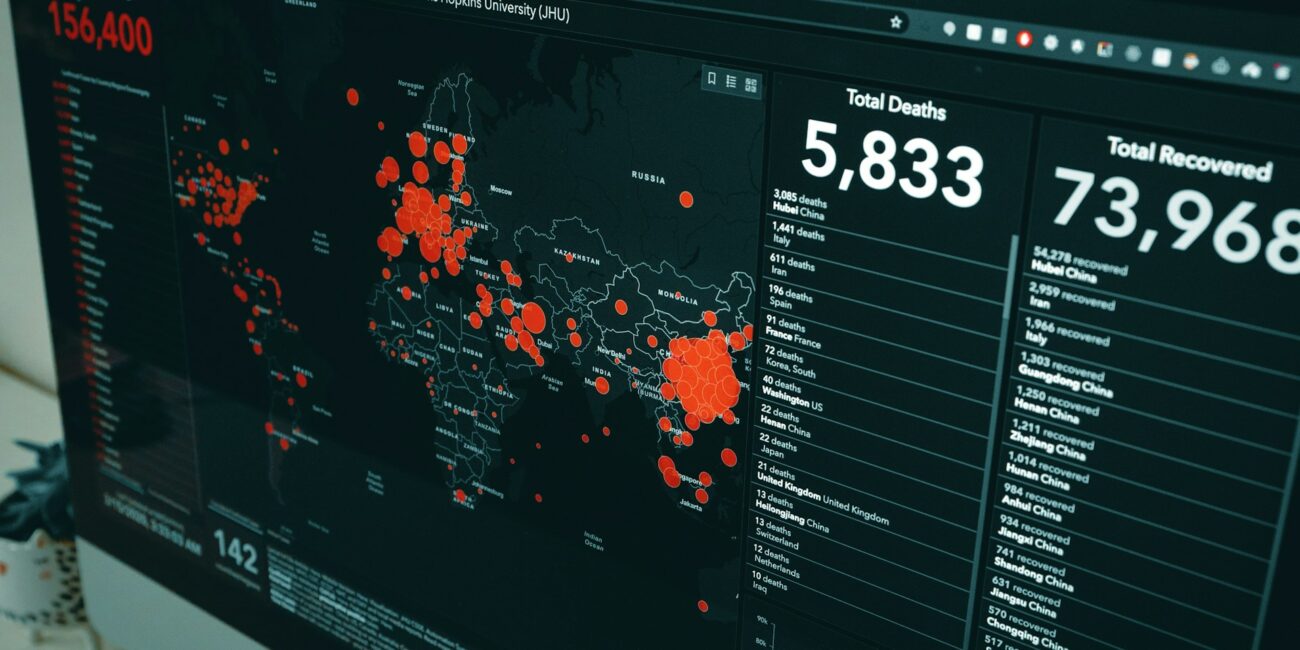PANDA conducted its first Online Open Science media briefing on February 23, 2021. This initiative reflects PANDA’s commitment to fill the urgent need for open scientific debate and prominent British media figures were in attendance. The topic was SARS-CoV-2 variants and the speakers at the event belong to the most renowned international scientific minds currently researching Covid-19.
Variants are ‘business as usual’ in the life of a virus
SARS-CoV-2, the virus that causes COVID-19, consists of thousands of building blocks. As the virus passes from person to person, tiny mutations (changes) occur in some of its building blocks. These lead to new variants. Kevin McKernan, CSO and Founder of Medicinal Genomics, observed, “It is very normal to have thousands of variants for every virus. It’s the high degree of attention and intensive surveillance that is causing this “scariant” focus.” Professor Anthony Brookes, at the Department of Genetics & Genome Biology, University of Leicester cautioned that “lockdowns, mass testing, and track and trace systems together act to hinder mild or asymptomatic spread, whilst giving an unnatural relative advantage to strains that are more virulent”. However, only a tiny percentage of mutations matter; those that manage to cause a significant functional change in the virus and give rise to new strains. An example of strains arising from the same virus family is SARS-CoV and SARS-CoV-2. Anthony Brookes added, “the more we can “ignore” the evolutionary process of the virus (while protecting the vulnerable, as we now have with vaccination) then the more likely it is to follow a rapid and benign path to its ultimate destiny of being just another cause of the common cold. (…) SARS-CoV-2 can be expected to end up being a relatively mild respiratory pathogen at a low endemic level, transmitting far less well than it does today”.
Variants are very unlikely to escape immunity
According to Dr Mike Yeadon, former Chief Scientific Officer and Vice President, Allergy and Respiratory Therapeutics at Pfizer, “it is implausible for the virus to mutate enough to evade the immune system. When the immune system attacks the virus, it cuts the viral genetic material into many pieces and remembers each piece.” He added, “all variants are currently 99.8% similar to the original Wuhan viral sequence. (…) prior immunity gained from the original SARS-CoV-2 should work perfectly well against any new ‘mutant variant. (…) asymptomatics are basically people who have built up immunity from previous epidemics”.
Furthermore, Dr Yeadon explained, “vaccines only target one feature of the virus, such as a specific marker on its surface. This marker alone consists of 1200 building blocks and our immune system produces a wide-ranging response to several of these building blocks. Therefore it is equally unlikely that the new variants will be able to defy the vaccine.”
An immune response is built following exposure to SARS-CoV-2; individuals are protected from serious disease if exposed to new variants later. Thus the vaccine would not give any additional benefit to those individuals, and vaccines should rather be administered to the vulnerable, with their prior informed consent.
Takeaway from the meeting:
- Variants are extremely common.
- Viruses tend to become less virulent with time and more transmissible until herd immunity is achieved but less transmissible thereafter as it becomes a low-level endemic virus.
- It is nearly impossible for a variant to evade an immune response, regardless of whether the immunity was generated by prior infection or vaccination.
- Variants are unlikely to influence the course of a pandemic and are generally not a cause for concern.




